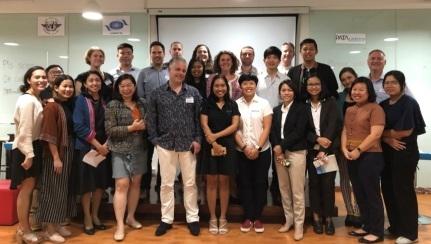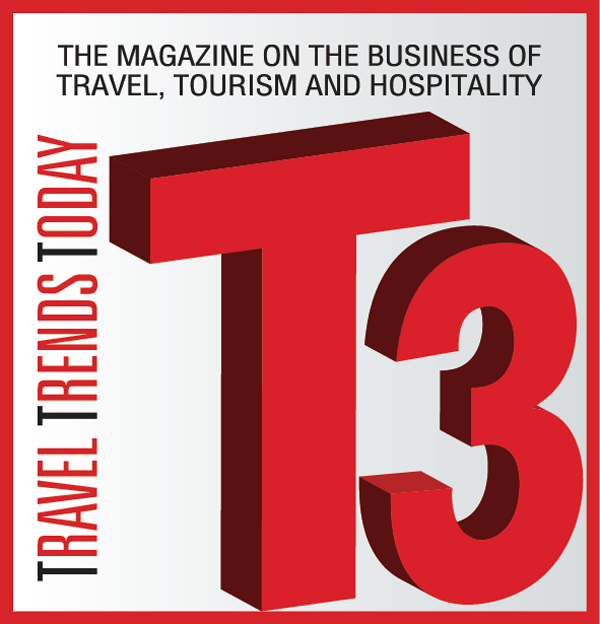PATA Working Together to Improve CBT in Thailand
 Representative image
Representative image
The Pacific Asia Travel Association (PATA) held its first community-based tourism (CBT) working meeting at the PATA Engagement Hub in Bangkok recently.
The meeting brought together government, civil society and the private sector to improve CBT product offerings and the marketability of tourism in remote and indigenous communities, with the goal of providing authentic experiences and meaningful encounters that are beneficial to all.
“Tourists visiting remote and indigenous communities in Thailand have often been criticised for abusing rather than empowering local communities. The overall result is that less tourists are taking part in CBT activities fearing exploitation of the local communities,” said PATA CEO Dr, Mario Hardy. “Nevertheless, there are villages that would still like to supplement their income and preserve their culture through CBT. These communities face many barriers as the issues are complex, ranging from citizenship, ownership, infrastructure, carrying capacity and marketability.”
During the meeting, PATA Director of Sustainability and Social Responsibility, Graham Harper, led a panel discussion exploring the challenges and various aspects of CBT. Panelists included Watcharee Churugsa, Director of Office of Community-Based Tourism, Designated Areas for Sustainable Tourism Administration (DASTA), Charlotte Louwman-Vogels, Founder & Director, Fair Tourism, Chi Ngo, Educational Travel Executive, DISCOVA, and Jakrapol Baesuvan (Joe), Senior Director of Marketing & Strategy, Local Alike.
Churugsa noted that, “DASTA CBT Models show that CBT makes local people proud of their identity, their culture and their natural resources; harmonises the community, and uplifts the quality of their lives. Meanwhile visitors gain unique and authentic experiences, and the exchange of cultures. Our end goal is for CBT to bring happiness to both communities and visitors.”
Ngo added, “To make CBT products sustainable, for-profit companies always need to be thinking about creating benefits for the community, the tourists and company. That is why we are always talking about ‘Win/Win/Win’, a win for the community, a win for tourists, and a win for the company. This is how for-profit companies can make CBT sustainable.”

